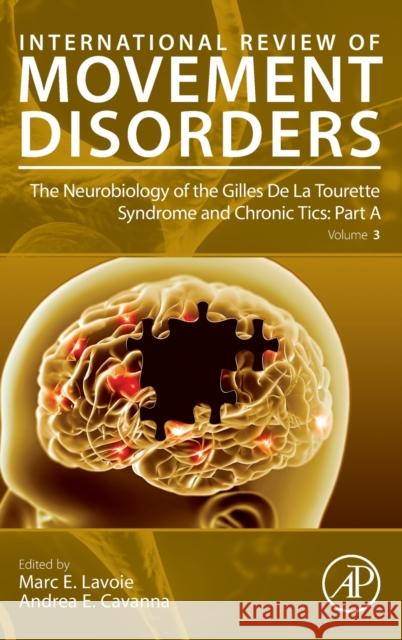The Neurobiology of the Gilles de la Tourette Syndrome and Chronic Tics: Part a: Volume 3 » książka
topmenu
The Neurobiology of the Gilles de la Tourette Syndrome and Chronic Tics: Part a: Volume 3
ISBN-13: 9780323910347 / Angielski / Twarda / 2022
Kategorie:
Kategorie BISAC:
Wydawca:
Academic Press
Seria wydawnicza:
Język:
Angielski
ISBN-13:
9780323910347
Rok wydania:
2022
Numer serii:
001210926
Oprawa:
Twarda
Wolumenów:
01
Dodatkowe informacje:
Bibliografia











